Research England has published the results of the second Knowledge Exchange Framework (KEF).
Knowledge exchange is defined as a collaborative, creative endeavour that translates knowledge and research into impact in society and the economy. This, in turn, helps to inform research, enrich education and enhance professional practice.
BU’s performance in the KEF demonstrates a number of areas of strength – including our research partnerships, our work with business, and supporting local growth and regeneration.
About the KEF
The KEF is published annually to allow universities to better understand and improve their own performance in knowledge exchange, and provide businesses and other users with more information on the knowledge and expertise of universities.
Universities are measured across seven perspectives:
- Research partnerships,
- Working with businesses,
- Working with the public and third sector,
- Skills, enterprise and entrepreneurship,
- Local growth and regeneration,
- IP and commercialisation,
- Public and community engagement.
These areas have been measured through a combination of data collected through the Higher Education Business and Community Interaction (HE-BCI) survey and three narratives that summarised our institutional context, our contribution to local growth & regeneration and our public & community engagement.
In recognition of the fact that universities have different areas of expertise and work in regions with different needs, all universities in England have been placed into 7 different clusters according to their expertise, size and research activity.
The results are shared in the form of dashboards on the KEF website, with BU placed in Cluster E alongside other large universities with a broad portfolio of research across all disciplines.
Our KEF results demonstrate the breadth of activity across all of these important perspectives.
BU’s performance
Our performance in the latest KEF highlights several areas of strength – including our research partnerships and our work with business. We work collaboratively with organisations locally, nationally and internationally to embed our research in practice and support economic growth and innovation.
For example, the Institute of Medical Imaging and Visualisation (IMIV) is delivering education and professional development programmes to help meet the needs of the local community, the NHS and industry, as well as current global medical imaging workforce demands. Facilities including a 3T MRI scanner are also facilitating joint research opportunities with NHS trusts, primary care, industry and academia – helping to improve health outcomes for the region.
Through our partnership with University Hospitals Dorset, we are working on collaborative research that can make a real difference to patients. This includes a current joint project to explore commercialising a medical device which uses smartphones to screen nerve function in patients at risk of peripheral neuropathy – a condition which affects 2.3 million people in the UK and can lead to loss of sensation in the fingers and toes.
We are also developing new areas of research that have the potential to support industry – such as ADDISONIC, which explores how ultrasonic fatigue testing can quickly and reliably predict how materials will perform and last. This has a range of commercial applications – from jet engines to medical devices – and could help to create more efficient manufacturing processes and reduce global waste.
We share our work, research and expertise through public engagement activities, such as our regular Café Scientifique events and our online public lecture series, which gives audiences around the world the opportunity to learn more about BU research.
Ian Jones, Head of External Engagement at BU, said: “It is good to see an assessment of our progress in knowledge exchange and the impact we’ve made through our work.
“A part of our vision as a university is to enrich society. Our knowledge exchange work takes the knowledge we create and looks to embed it in society, and I’m proud that our work embodies this vision.”
David Sweeney CBE, Executive Chair of Research England, said: “Knowledge exchange (KE) is integral to the mission and purpose of our universities, and its importance in contributing to societal and economic prosperity is strongly supported by the Government.
“Today’s new version of the Knowledge Exchange Framework takes further forward the vision and potential of KE activity, providing richer evidence to demonstrate universities’ strengths in different areas when set alongside their peers.”
For more information about the KEF, please visit: https://kef.ac.uk/
Find out more about BU’s knowledge exchange activities
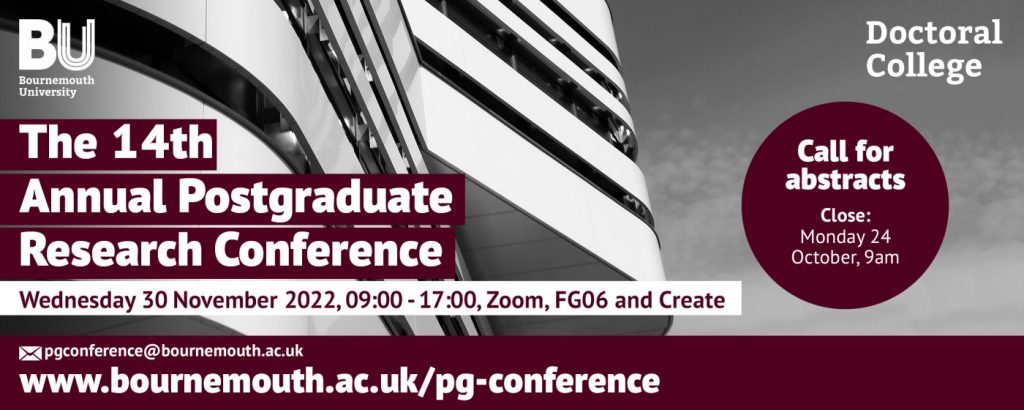
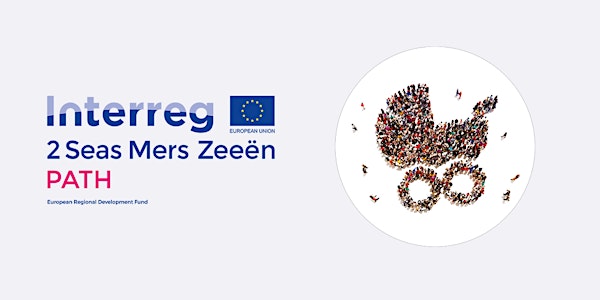

 Every BU academic has a
Every BU academic has a  By clicking on this box, on the left of the Research Blog home page just under the text ‘Funding Opportunities‘, you access a
By clicking on this box, on the left of the Research Blog home page just under the text ‘Funding Opportunities‘, you access a 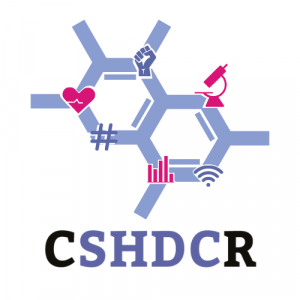 The Centre for Science, Health, and Data Communication Research invites you to our Autumn-Winter 2022-23 research series. These talks are open to the public, and encompass topics on representations of bodies in the media, managing your health data, immersive media, and community responses to suicide.
The Centre for Science, Health, and Data Communication Research invites you to our Autumn-Winter 2022-23 research series. These talks are open to the public, and encompass topics on representations of bodies in the media, managing your health data, immersive media, and community responses to suicide.
 I want personally to thank those BU academics who follow this advice in practice. As a result, 15 EU grant applications have been submitted in September. The fact is that the only way to secure external funding is to apply for it.
I want personally to thank those BU academics who follow this advice in practice. As a result, 15 EU grant applications have been submitted in September. The fact is that the only way to secure external funding is to apply for it. What are Funding Development Briefings?
What are Funding Development Briefings?



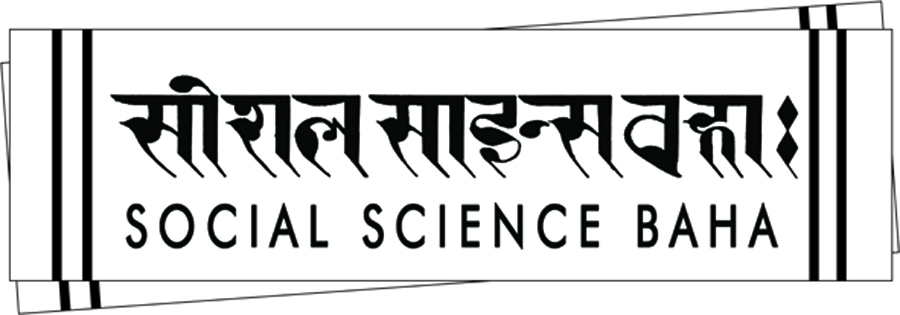
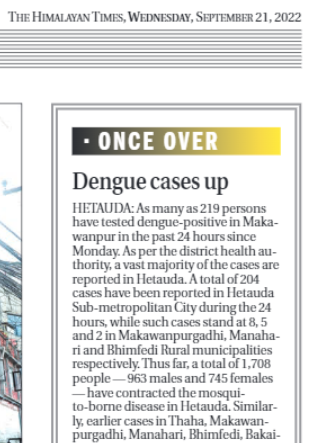
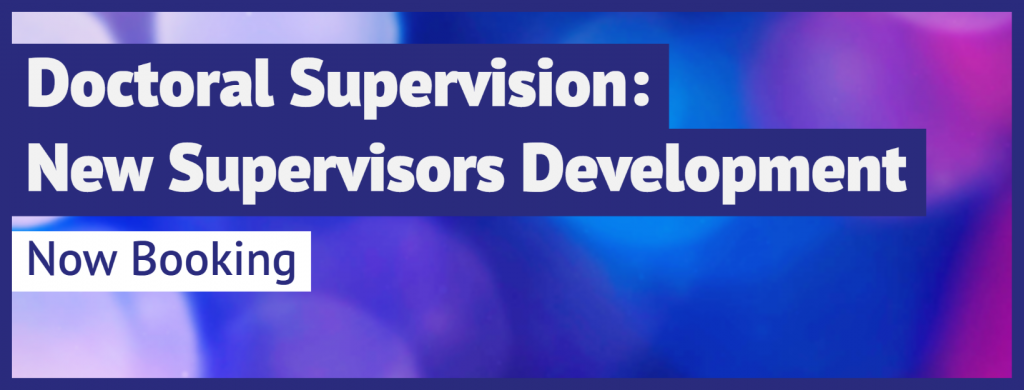














 New Nepal scoping review on maternal & neonatal health
New Nepal scoping review on maternal & neonatal health Fourth INRC Symposium: From Clinical Applications to Neuro-Inspired Computation
Fourth INRC Symposium: From Clinical Applications to Neuro-Inspired Computation Writing policy briefs
Writing policy briefs Upholding Excellence: The Concordat to Support Research Integrity
Upholding Excellence: The Concordat to Support Research Integrity ECR Funding Open Call: Research Culture & Community Grant – Application Deadline Friday 12 December
ECR Funding Open Call: Research Culture & Community Grant – Application Deadline Friday 12 December MSCA Postdoctoral Fellowships 2025 Call
MSCA Postdoctoral Fellowships 2025 Call ERC Advanced Grant 2025 Webinar
ERC Advanced Grant 2025 Webinar Horizon Europe Work Programme 2025 Published
Horizon Europe Work Programme 2025 Published Horizon Europe 2025 Work Programme pre-Published
Horizon Europe 2025 Work Programme pre-Published Update on UKRO services
Update on UKRO services European research project exploring use of ‘virtual twins’ to better manage metabolic associated fatty liver disease
European research project exploring use of ‘virtual twins’ to better manage metabolic associated fatty liver disease